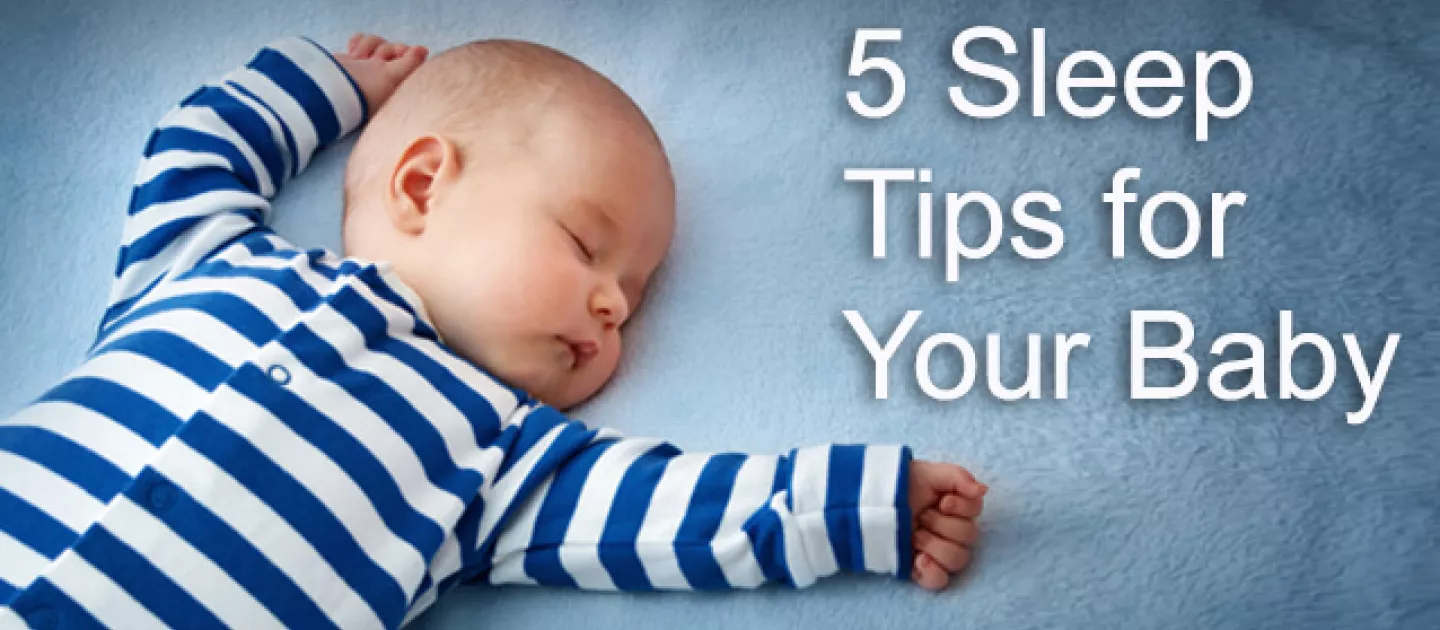Sleep is important to our health, and now that you have a newborn, it’s especially important for both you and your baby even if it’s a bit unpredictable at first. The first few months babies sleep anywhere from 14-17 hours a day (that’s a lot!), but only 2-3 hours at a time (that’s not so much), which means that in between feedings, diaper changes and quality time, you’re trying to catch some Z’s yourself.1 Not to worry though, as your baby gets older, they’ll start to develop longer and more regular sleep patterns. Check out some helpful tips below on how to get your baby to sleep better so you both get the rest you need.
Learn swaddling techniques
Your baby just spent their first nine months living inside the cozy space in your belly. It makes sense that swaddling them in a blanket will help them feel like they are in a comfortable and safe space. It can also cut down on the moving around they might do at night that could wake themselves up.
Stick to a routine
A bedtime routine tells your baby it’s time to get some sleep. At 4-6 months old, your baby starts to learn sleep cues.2 Give your baby a bath, read a book, sing a lullaby, or feed them a bottle before laying them down to sleep as part of their routine. Whatever you decide, make sure stick to the same routine at the same time every night so they learn it’s time to get some shut eye.
Design the nursery for sleep
You want your baby to learn that the nursery and darkness mean it’s bedtime. Hang up dark curtains to shut out any outside light, dim any inside lights, make the crib feel cozy with extra soft sheets, and remove toys from the crib so they don’t confuse sleep time for playtime.
Make some sound
We’re talking about soft sounds that can help ease your baby to sleep. Soft, repetitive noises like a sound machine or a fan are good for helping your baby drift off to dreamland. Or play some soft music or sleep sounds from a baby app on your phone.
Set the temperature
Sleeping in a room that’s too warm or too cold can make for a restless night. Keep the nursery at a comfortable temperature – try for 69-73 degrees.3 Make sure that the crib is away from drafty windows or air conditioners that could blow cold air or heating vents that could make them too warm. You’ll want to feel their back of neck to see how warm or cold they are and dress them accordingly so they aren’t over bundled or under dressed.
With these helpful tips and more, getting your baby to fall asleep and sleep longer throughout the night will become more natural as your baby learns and grows.











